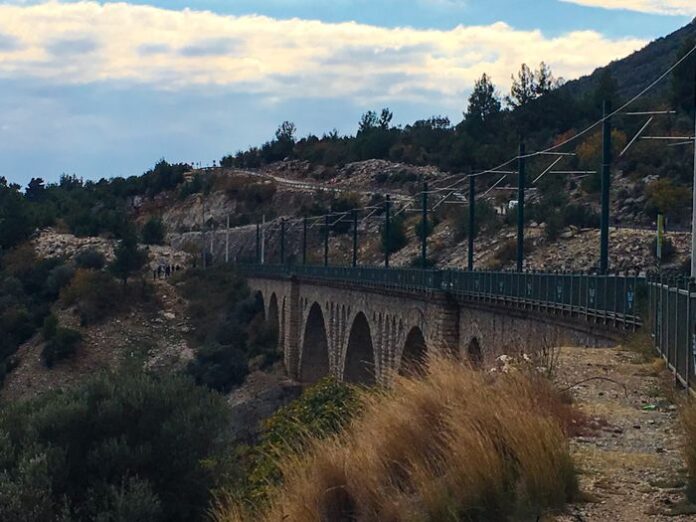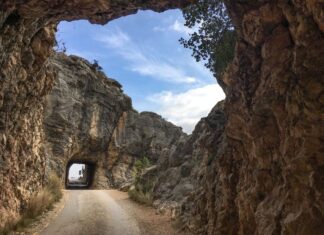The right of passage for beasts or vehicles is the right of driving beasts or vehicles over the land of another. So a man who has the right of passage simply has not the right of passage for beasts or vehicles; but if he has the latter right he has the former, and he may use the right of passing without having any beasts with him. The right of way is the right of going, of driving beasts or vehicles, and of walking; for the right of way includes the right of passage, and the right of passage for beasts or vehicles. The right of passage for water is the right of conducting water through the land of another.
1. The servitutiones of urban immovables are those which appertain to buildings, and they are said to be servitutiones of urban immovables, because we term all edifices urban immovables, although really built in the country.
Servitutiones are the following
Among these servitutiones are the following: that a person has to support the weight of an adjoining house, that a neighbor should have the right of inserting a beam into his wall, that he has to receive or not to receive the water that drops from the roof, or that runs from the gutter of another man’s house on to his building, or into his court or drain; or that he is not to raise his house higher, or not to obstruct his neighbor’s lights.
2. Some think that among the servitutiones of rural estates are rightly included the right of drawing water, of watering cattle, of feeding cattle, of burning lime or digging sand.
3. These servitutiones are called the servitutiones of immovables, because they cannot exist without immovables. For no one can acquire or owe a servitude of a rural or urban immovable, unless he has an immovable belonging to him.
4. If anyone wishes to create a right of this sort in favor of his neighbor, he must effect it by agreements and stipulations. A person can also, by testament, oblige his heir not to raise his house higher, not to obstruct his neighbor’s lights, to permit a neighbor to insert a beam into his wall, or to receive the water from an adjoining roof; or, again, he may oblige his heir to allow a neighbor to go across his land, or to drive beasts or vehicles, or to conduct water across it.
Read More about The Institutes 535 CE part 56







